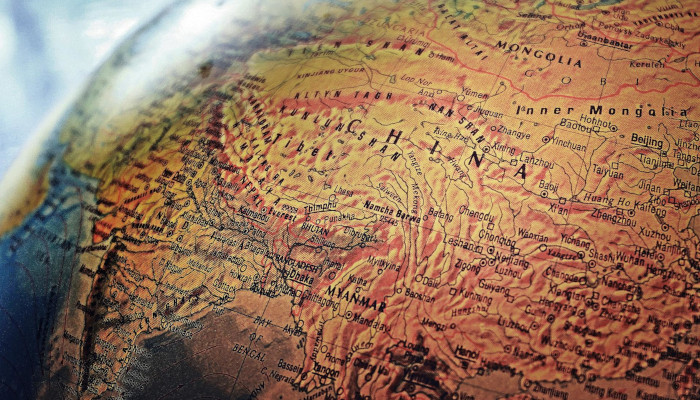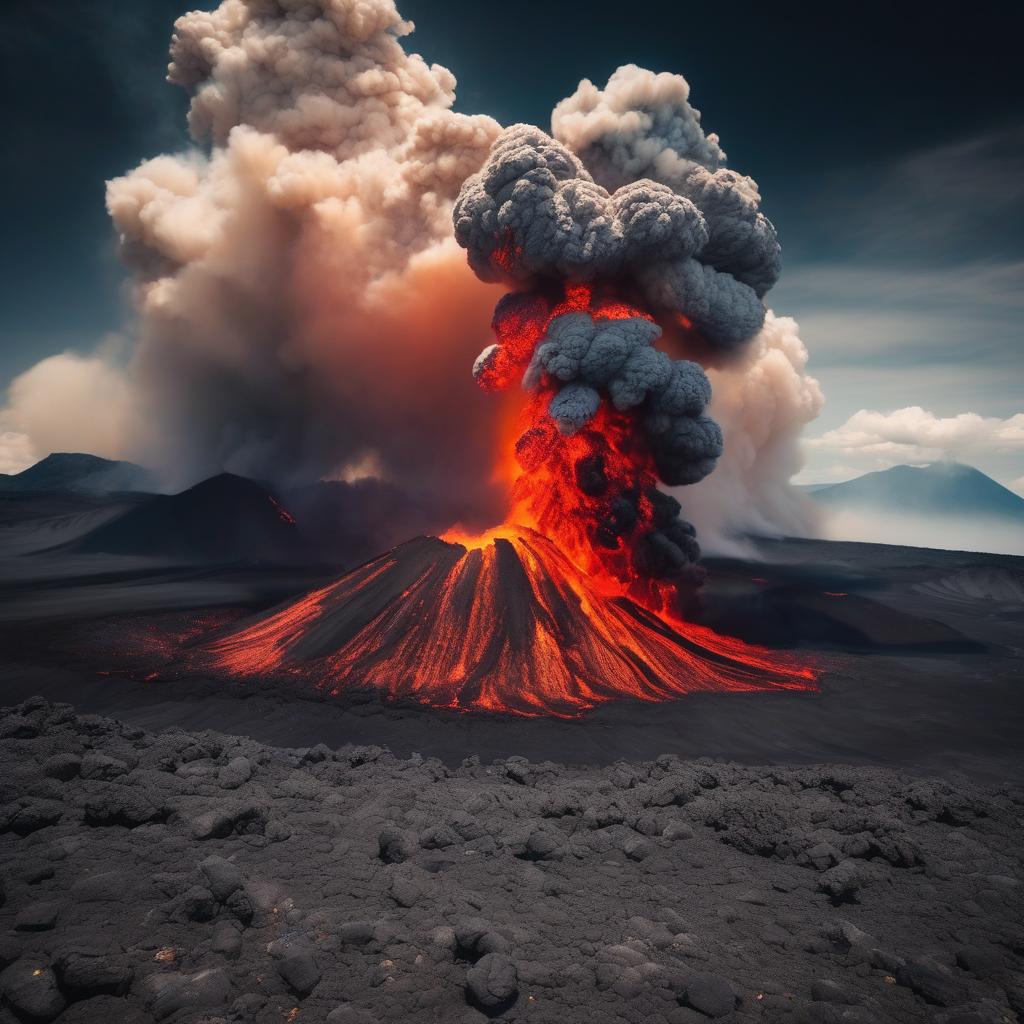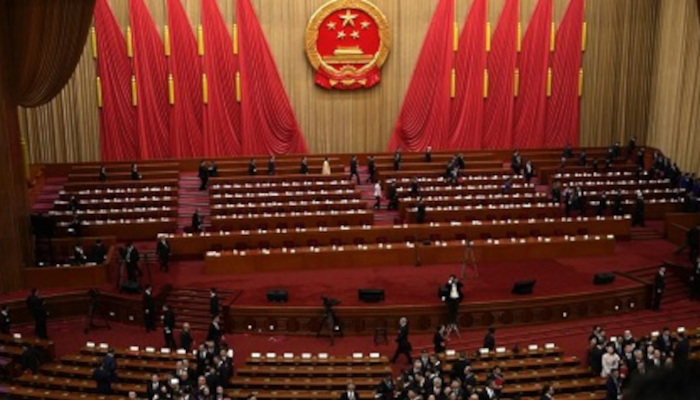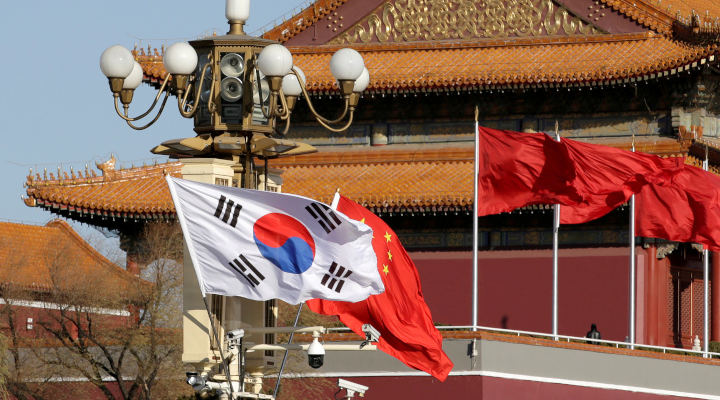
The perception abroad, and not only in Western countries, is that often China is a threat. Yet, many have a hard time pinpointing why it is so and, thus, what kind of threat China is. China has no vaunted goal of Hitlerian global conquest, nor does it have the old Soviet ambitions for universal communist conversion. Then it’s not clear what kind of threat there is.
Christopher Ford has recently compellingly argued that China has, indeed, an international project to recreate on a global scale its Sino-centric world[1] and forfeit the Westphalian world order established since the middle of the 17th century.
“Specific PRC (People’s Republic of China) threat behaviors can be tied back to the CCP’s (Chinese Communist Party) grand strategy and its efforts to replace today’s “rules-based international order” with something rather different… PRC threats to other countries arrive in two ways. First, consistent with ancient conceits of virtue and monist political authority described in Part II, the CCP’s strategic endgame is the creation of a new global order centered around China, in which all other players show China the respect and status-deference it feels it deserves as the self-imagined center of human civilization. In this future world, all countries are expected to defer to the CCP’s preferences on matters of significance. This is indeed a concept of rule, therefore, but it is a more indirect and idiosyncratic sort of rule than that of the Soviet Union within its 20th Century empire.”
Surely, there may be an idea in China that PRC needs to recreate a new imperial system, but a neo-imperial system is impossible now. The traditional imperial system, the Tianxia, was based on a geopolitical reality. The actual imperial rule, the central state, was over half of the population of the rest of the Chinese world combined. The Chinese world comprised Korea, Japan, Vietnam, Laos, Myanmar, and parts of Siberia and Central Asia. The rest was unimportant and of no consequence.
If present China were to achieve that, it would have had to conquer or win over India and Japan, and gain the support or tacit neutrality of the United States.[2]
If it did that, the rest of Asia would follow suit, and the new central state would be more than half of the rest of the world put together. India and Japan were keen on good ties with China at the time, and the US was not so hostile. Some 25 years ago it might have been feasible, now, things are very different.
But if then successful, the new ChIndian geopolitical behemoth would be internally fragile and unstable, as the traditional Chinese empires were, and thus subject to forms of domestic uprising or foreign invasion from smaller, aggressive neighbors.
So, perhaps choosing not to win over India and Japan was wise for China and its beloved stability.
Still now, overall, the impression is that China is without models and seeking new paths, but the search can be very tricky.
In any case, an essential element in China’s search for its alleged “hegemony” is its attention to the present alleged “hegemon” (according to Beijing), the US. Then perhaps the troubling issue is how to become a hegemon like America without all the tricky and unfathomable American trappings (democracy, the rule of law, independent judiciary, free press, et cetera) that contrast with the one-party rule.
Vladimir Putin’s controlled democracy and aggressive foreign politics could have been an inspiration. But the botched invasion of Ukraine has smashed the model. It could be interesting to follow American Donald Trump’s challenge to the “established truth” (trying to phrase it in politically correct terms). That from Beijing resembles Mao’s 无法无天, no law, no god. Mao boasted of recognizing no law or god and thus, without any limit, he would do anything to achieve his goals. It differs from the traditional division of power, respect for norms, and fear of god in US politics.
Then perhaps, Beijing wants to see what happens to Trump in America, if he will condition American politics, and to what extent.
In naked terms, a second term of Trump’s ”America First” could be about tightening the grip on US “world hegemony” and perhaps breaking traditional alliances. All of this could create opportunities for China or transform America into an adversary they’d be better prepared to confront. In a changed Trump’s America, on both sides, one man could make decisions, rather than the present US obscure (for China) process. A re-Trumped America would stifle any voice in the PRC and in the CCP favoring democratization. If America is moving to concentrate power, how can China move in the opposite direction?
The present Chinese wait-and-see attitude could be a move towards a more wuwei 无为, non-action behavior. Wuwei in Laozi was a “technique, employing which the one who practices it may gain enhanced control of human affairs.”[3] In fact, China’s renewed interest in wuwei could be helpful.
According to many studies, this concept, which arrived in Europe through Jesuits’ translations, inspired the modern idea of the market, i.e. Adam Smith’s invisible hand.[4]
Moreover, our first commentary on Laozi and his wuwei was in the Hanfei zi, now trendy with CCP as a forebear of the modern rule of law.
Therefore, the party should be more wuwei for modernization and greater control.
Still, you can lay back and let the market/organization take over once you have a well-oiled mechanism in place. An optimist could argue that China’s effort to introduce the “rule of law” goes in that direction.
A wuwei, market-oriented China then could actually aspire to a larger international role, even without challenging the present Westphalian order.
[1] See https://www.nslj.org/wp-content/uploads/Ford-Xi-Jinping-Michel-Foucault-and-Spy-Balloons-Communist-Chinas-Theory-of-Control-and-Visions-of-a-Post-Westphalian-World-Order.pdf
[2] I argued for that in a 1999 essay originally published on Limes and reprinted here http://www.settimananews.it/informazione-internazionale/china-way-out-of-ukraine/
[3] I have to thank David Cowhig for the definition.
[4] See See Lanxin Xiang The Quest for Legitimacy in Chinese Politics: A New Interpretation, 2021, and http://www.settimananews.it/informazione-internazionale/specter-over-china/









